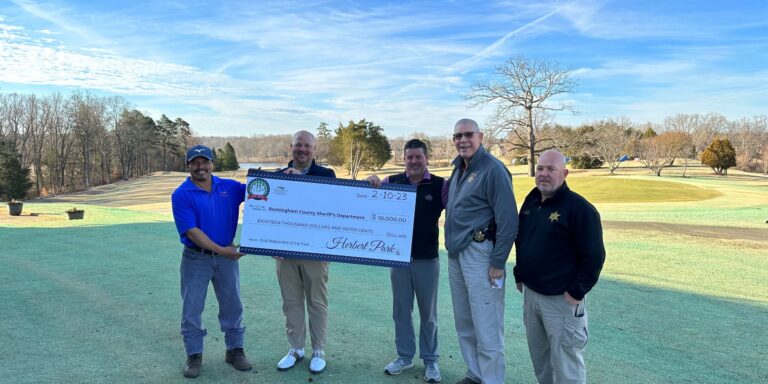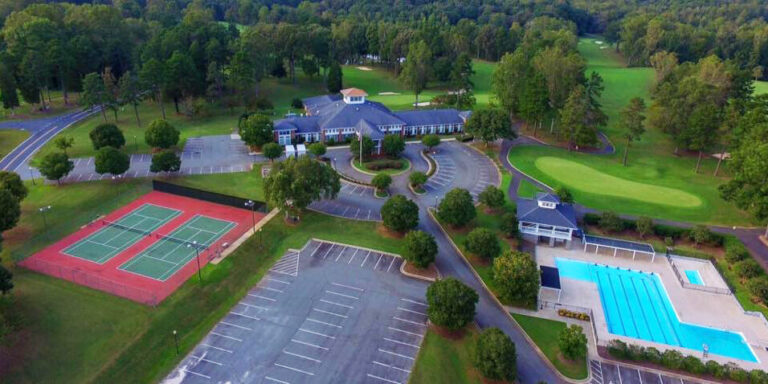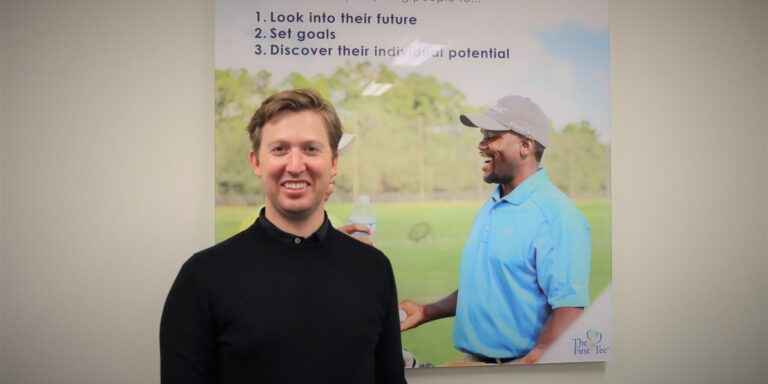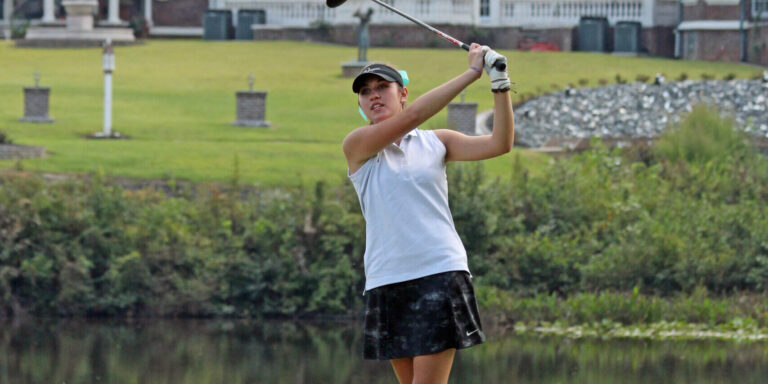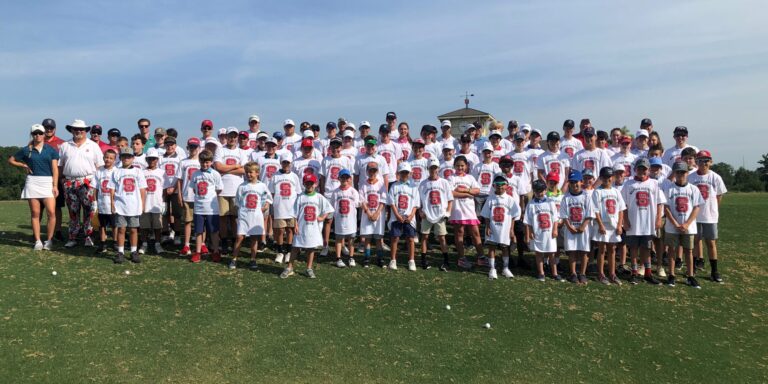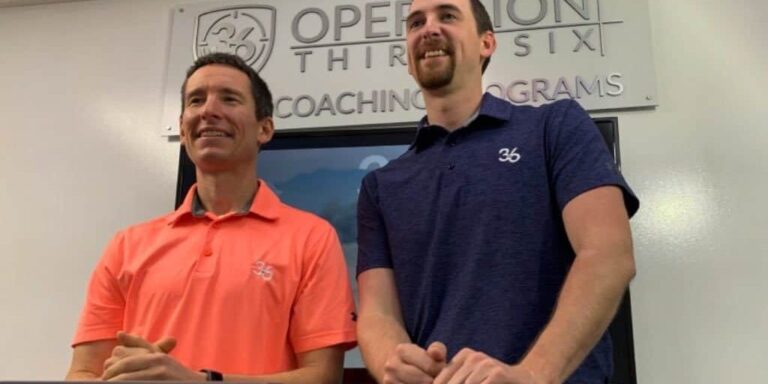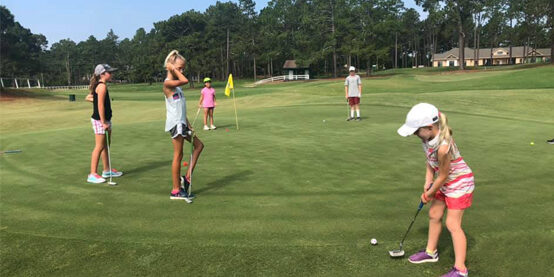SUMMERFIELD – First Responders of the Triad Inc. has donated $18,000 in proceeds from the 2022 First Responders of the Triad Pro-Am Golf Tournament at Greensboro National Golf Club to the Rockingham County Sheriffs’ Office.
The Sheriffs’ Office intends to use the donation for the purchase of a trained Belgian Malinois for its K9 Unit.
The tournament, held Oct. 17, raised $36,000. Half was donated to the Rockingham County Sheriffs’ Office. The winning PGA professional of the tournament, Jason Gentel of Winding Creek Golf Course in Thomasville, chose the Thomasville Police Department and the Thomasville Fire Department, to split the remaining $18,000.
Since 2019, Greensboro National Golf Club has hosted the annual Pro-Am to raise awareness for the local first responders’ organizations, which support the Triad community in many ways.
The Pro-Am has donated more than $120,000 over the past four years.
“We are so thankful for this and previous donations from First Responders of the Triad Pro-Am Golf Tournaments,” said Rockingham County Sheriff Sam Page. “Last year’s donation went towards the purchase of a new K9 to replace one of our K9s that had recently retired due to age, and with this year’s donation, we plan to do the same. We appreciate all those involved in the planning and execution of these tournaments, as well as all those who take part.”
Thomasville Police Department used its $9,000 for the requisition of a new police vehicle. Thomasville Fire Department used its $9,000 to obtain brand new Scott SCBA cylinders.
“Triad area First Responders are there when we need them and it’s our pleasure holding this annual event. As we continue to grow our organization, we endeavor to provide additional financial resources in order to support their unwavering commitment to helping others in our community who face an emergency or just need a helping hand,” said Patrick Donnelly, COO and Managing-Member Byron Development and the 2022 Chairman of the First Responders of the Triad Pro-Am.
Past recipients of the First Responders of the Triad Pro-Am Golf Tournament charitable donations have been the Bethany Fire Department, the Danville Life Saving and First Aid Crew, Inc., IAFF Local 2801, Monroeton Fire Department, Williamsburg Fire Department, Yanceyville Fire Department, Summerfield Fire Department, and the North Carolina Forest Service.


